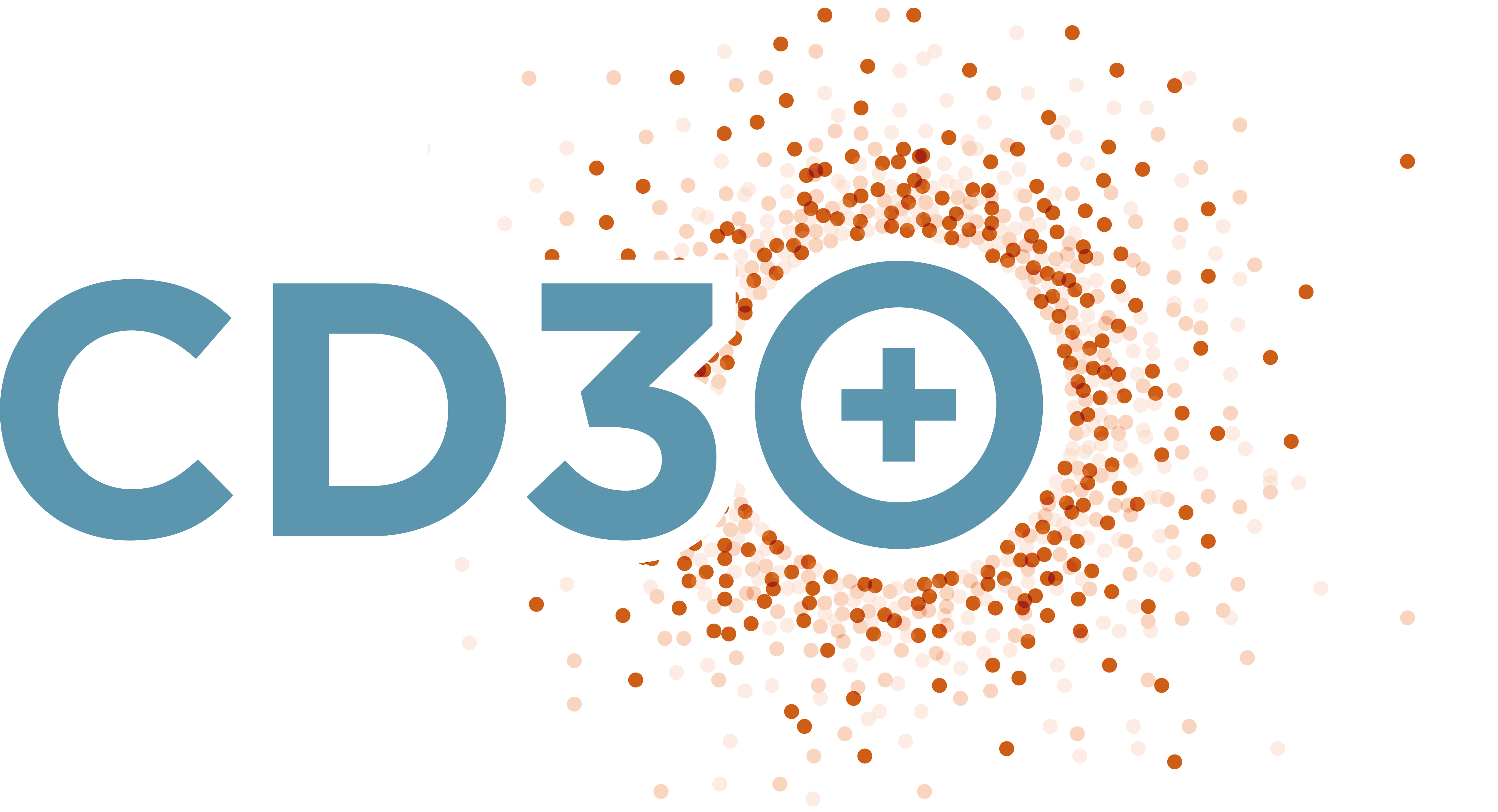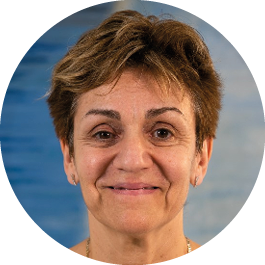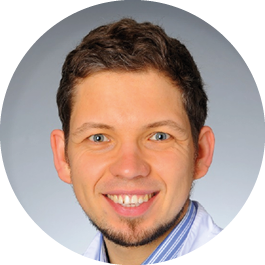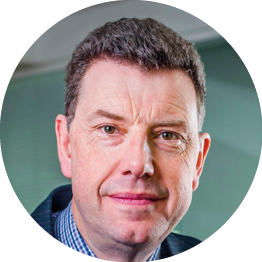A Takeda-sponsored medical satellite symposium at the 17th International
Conference on Malignant Lymphoma (17-ICML)
The future of therapy for CD30+ lymphomas:
addressing challenges and driving progress
Wednesday, June 14, 2023, 19:00–20:30 CEST
Room B, Palazzo dei Congressi, Lugano, Switzerland

Agenda
| Time (CEST) | Session | Faculty |
|---|---|---|
| 19:00–19:05 | Welcome and Introduction | Dr Anna Sureda |
| 19:05–19:30 |
Successes, Challenges, and Future Directions in Frontline Advanced Hodgkin Lymphoma |
Dr Anna Sureda |
| 19:30–19:55 |
Emerging Biomarkers of Risk/Response in the Treatment of Advanced Hodgkin Lymphoma |
Dr Sven Borchmann |
| 19:55–20:20 |
Progress in Peripheral T-cell Lymphoma and Current Frontline Management Approaches |
Dr Tim Illidge |
| 20:20–20:25 | Audience Q&A |
Dr Anna Sureda,
Dr Sven Borchmann, and Dr Tim Illidge |
| 20:25–20:30 | Closing Remarks | Dr Anna Sureda |
This educational symposium is organized and fully funded by Takeda, and is intended for healthcare professionals with a clinical
specialty in hemato-oncology only. The symposium may include discussion of both investigational and licensed agents.
VV-MEDMAT-86279 | Date of preparation: May 2023
Takeda Pharma AG, Thurgauerstrasse 130, 8152 Glattpark (Opfikon), Switzerland
Expert faculty

Anna Sureda (Chair)
Institut Català d’Oncologia,Barcelona, Spain

Sven Borchmann
University of Cologne,Cologne, Germany

Tim Illidge
University of Manchester and Christie HospitalNHS Foundation Trust,
Manchester, UK
Welcome from the Chair
Dear Colleagues,
On behalf of Takeda and along with my esteemed faculty colleagues, it is my pleasure to invite you all to attend a medical satellite symposium at the 17th International Congress of Malignant Lymphoma 2023 in Lugano. In this session, we will discuss the future of therapy for patients with CD30+ lymphomas, focusing on frontline treatment both for advanced Hodgkin lymphoma and for peripheral T-cell lymphoma (PTCL).
In recent years, we have seen substantial advances in the frontline treatment of patients with stage III/IV Hodgkin lymphoma, with many patients now achieving curative responses with standard-of-care approaches. However, the frontline treatment landscape continues to evolve as we aim to balance the risk:benefit profiles of available treatment options and strive to further improve patient outcomes. In our first presentation, I will summarize our recent successes, including the incorporation of targeted therapies into frontline treatment, as well as providing perspectives on the potential role of additional innovative strategies.
Our second presentation will consider a critical step in selecting appropriate treatment in patients with advanced Hodgkin lymphoma: determination of a patient’s overall prognosis and their likelihood to respond to a given therapy. Dr Sven Borchmann will discuss recent progress in improving upon established methods, and provide a comprehensive overview of exciting new biomarkers of response. These innovative methods will likely guide therapeutic decisions in this area over coming years.
Our final presentation will focus on PTCL, a heterogeneous group of rare lymphomas for which ongoing research is continuously expanding our understanding of potential treatment strategies. In this presentation, Dr Tim Illidge will provide an overview of how advances in treatment regimens over the past decade have resulted in improved outcomes for patients with PTCL. He will then discuss potential future directions, including a summary of new agents in development.
I look forward to welcoming you to this symposium, and hope that you find it highly informative and truly inspiring for your current and ongoing practice in the treatment of patients with CD30+ lymphomas.
Best regards,
Dr Anna Sureda (Chair)